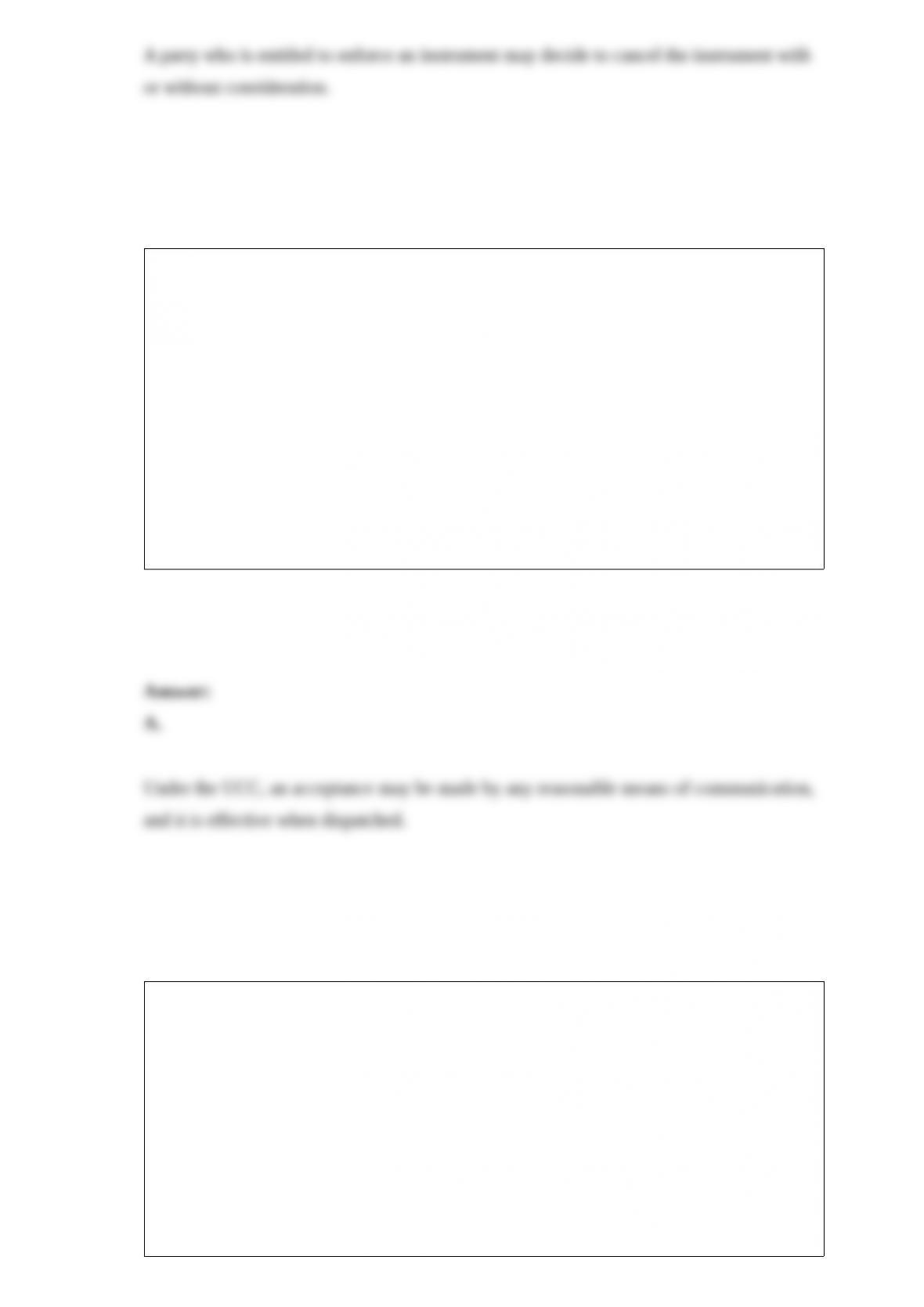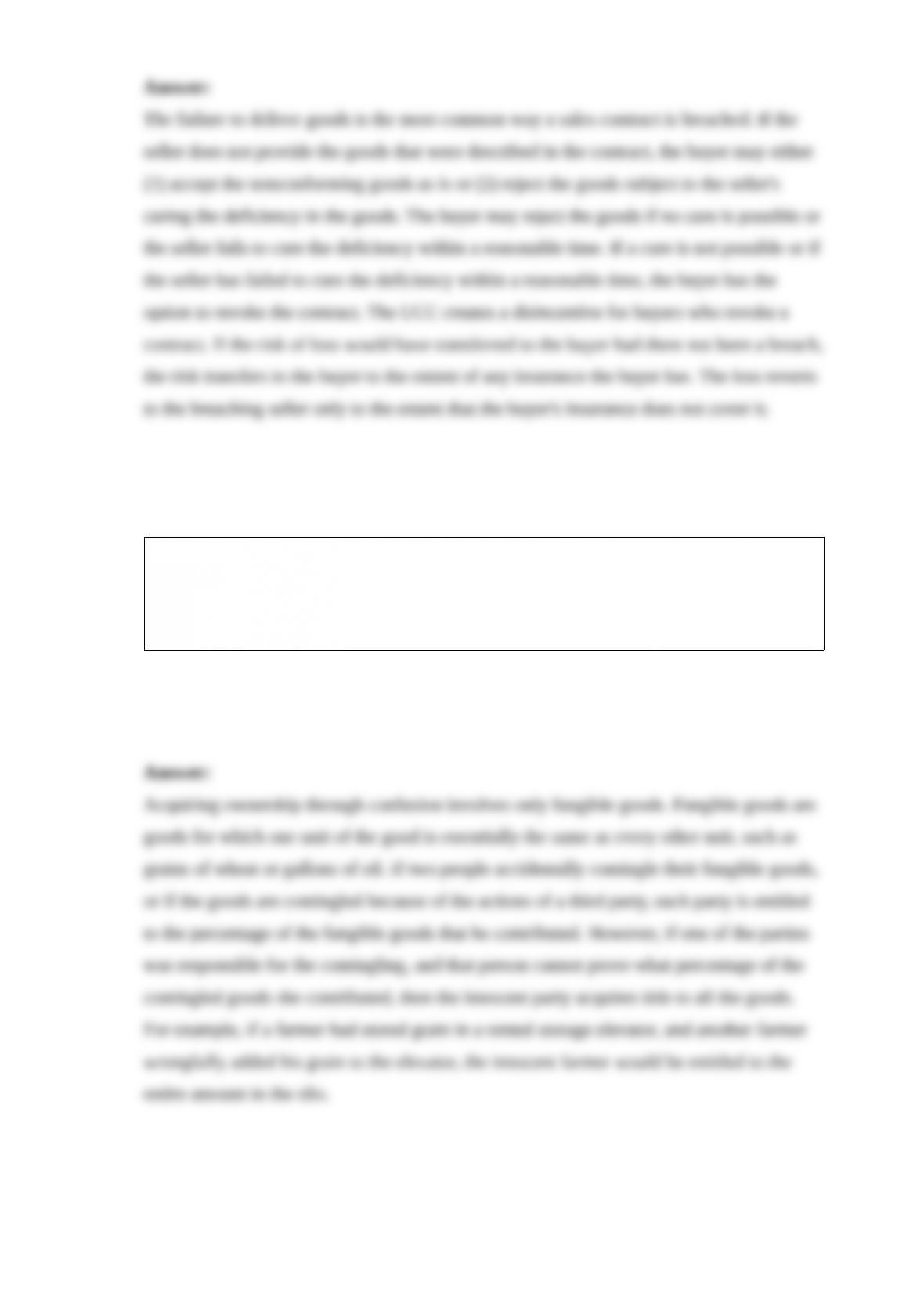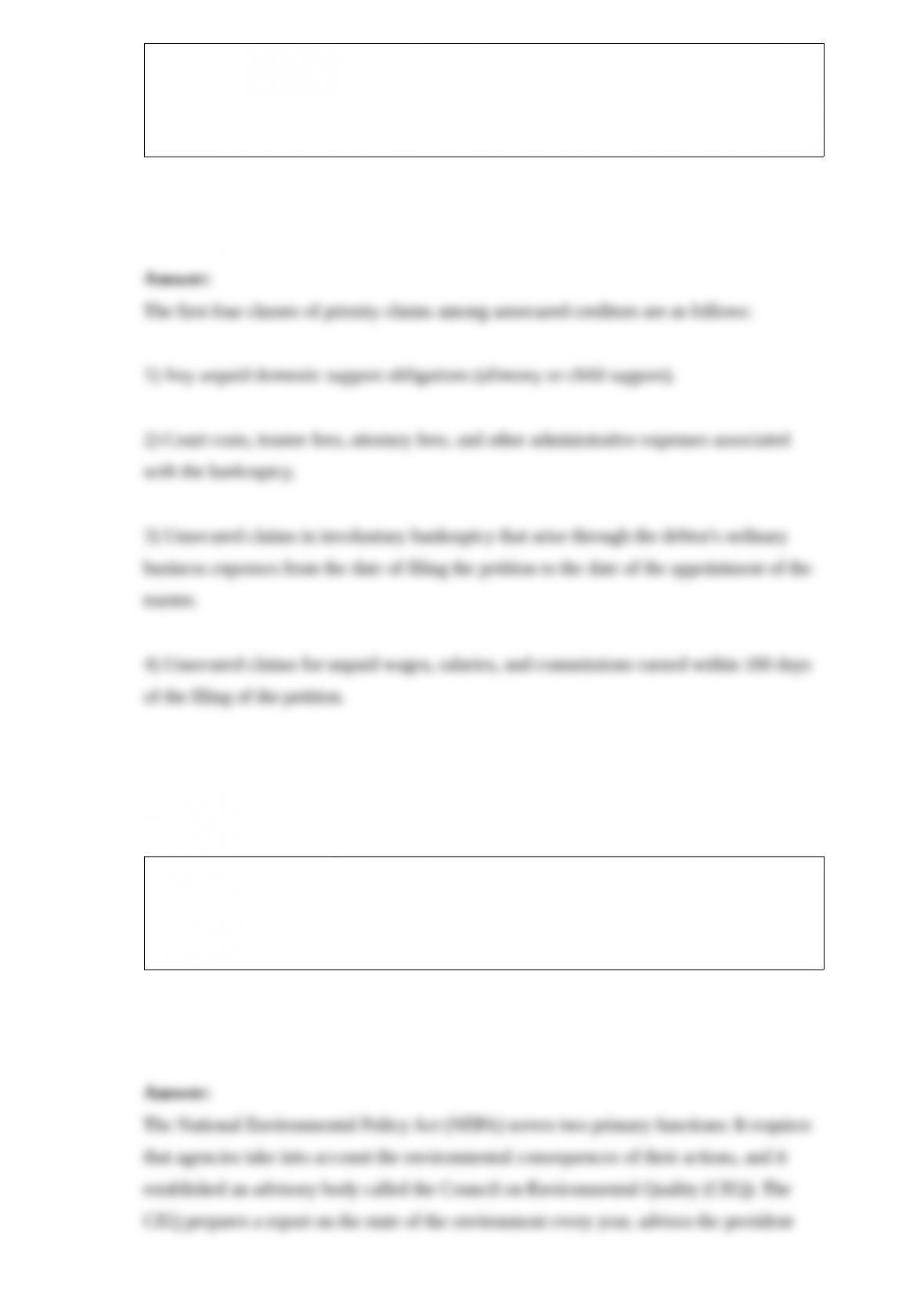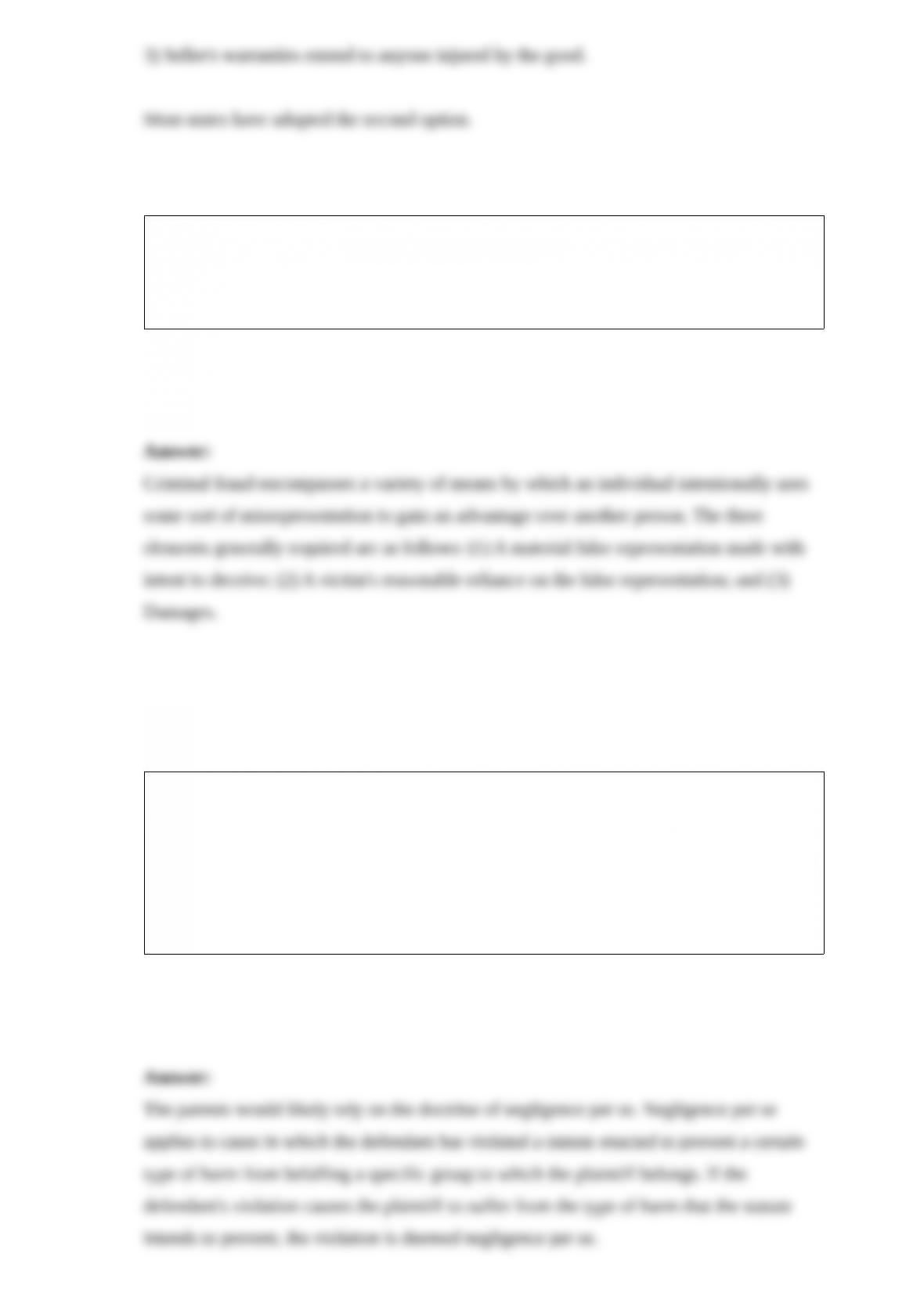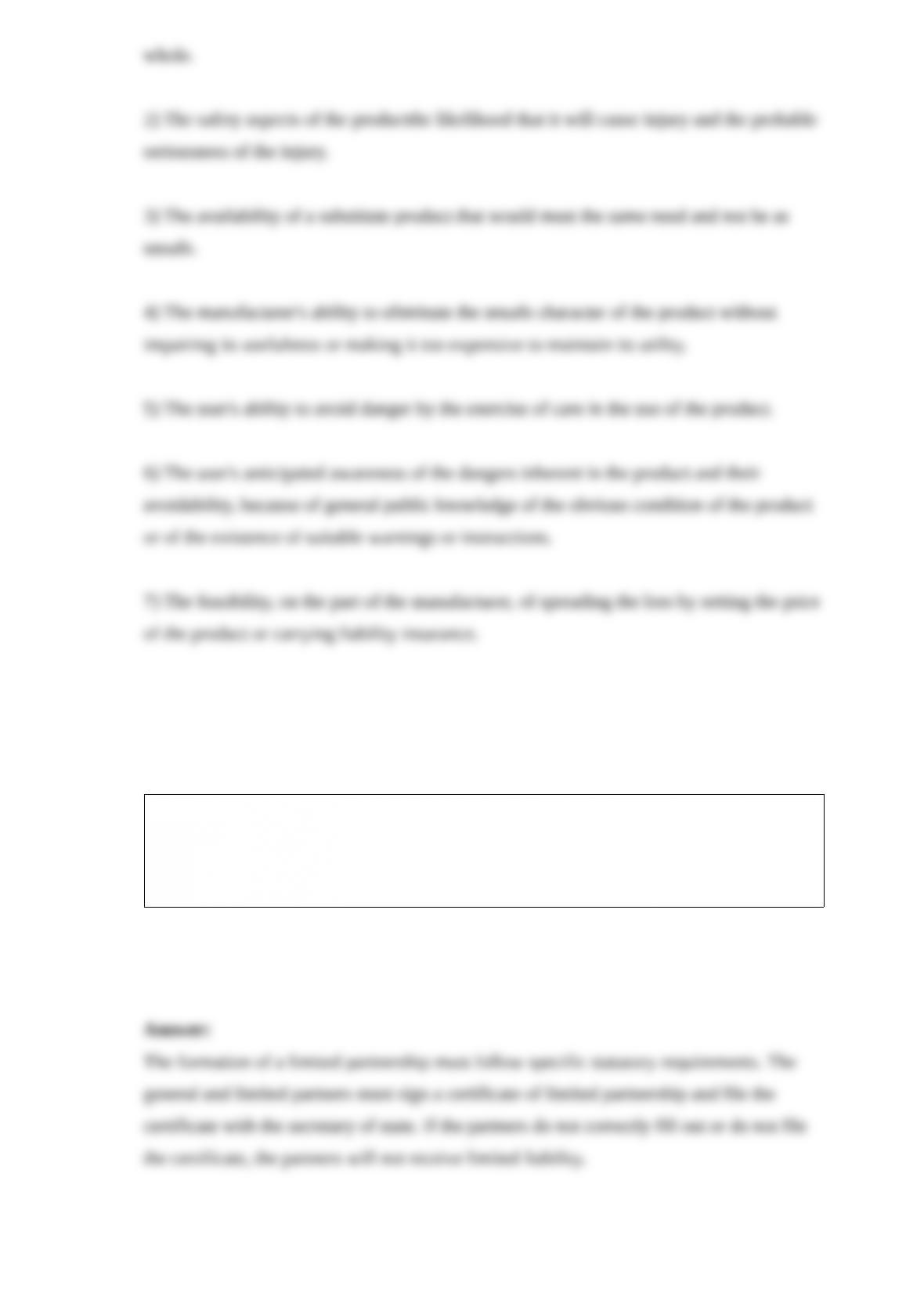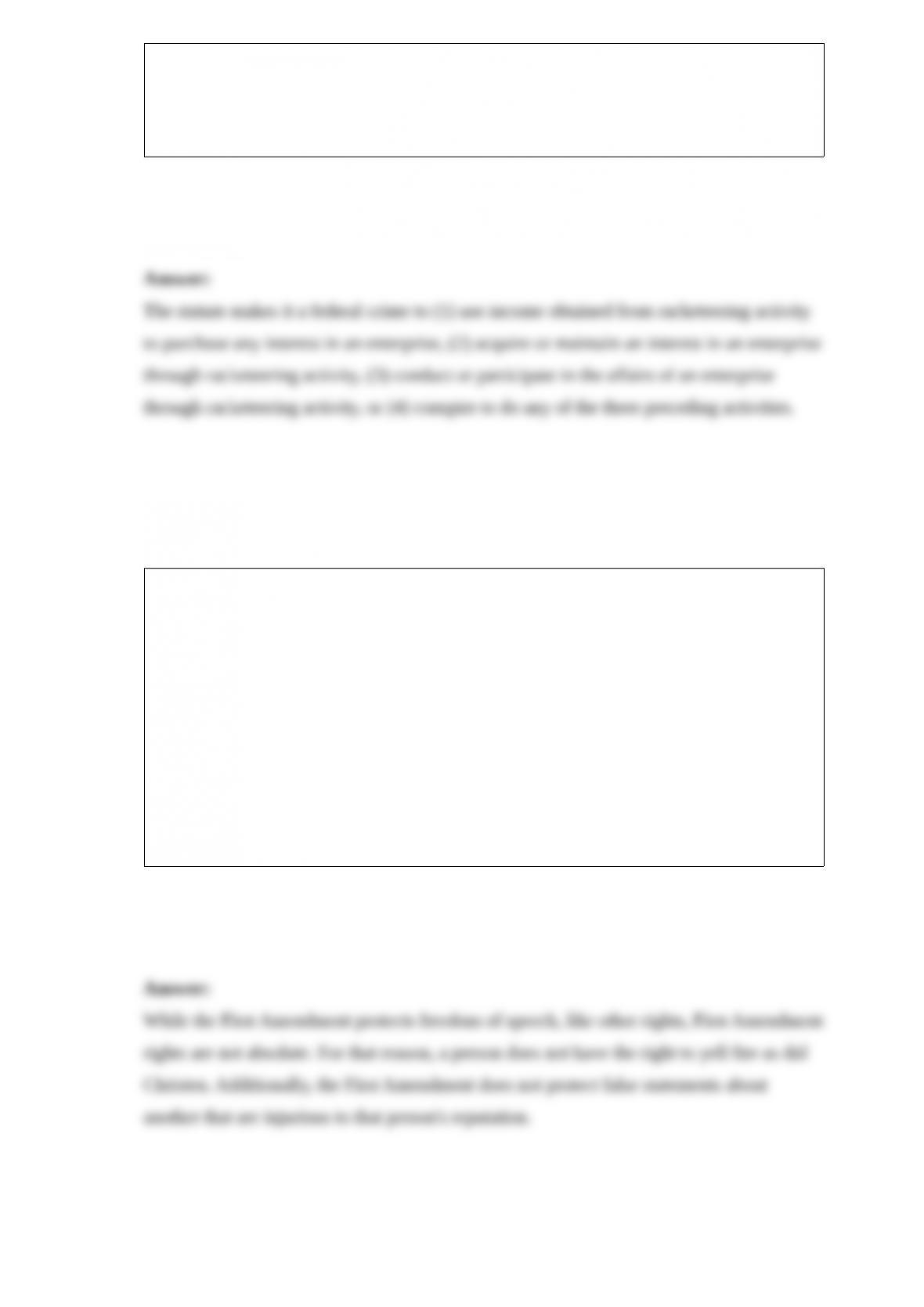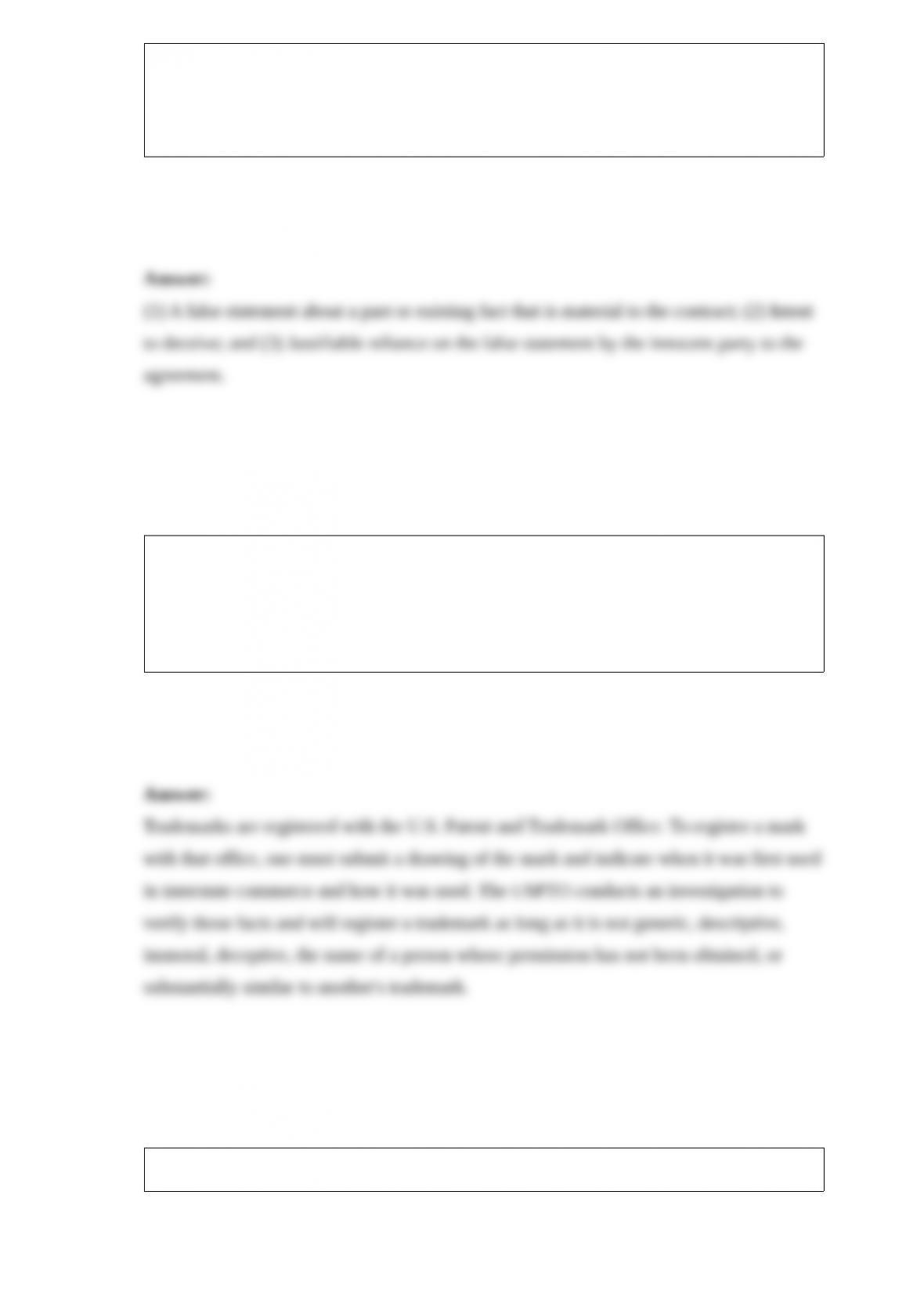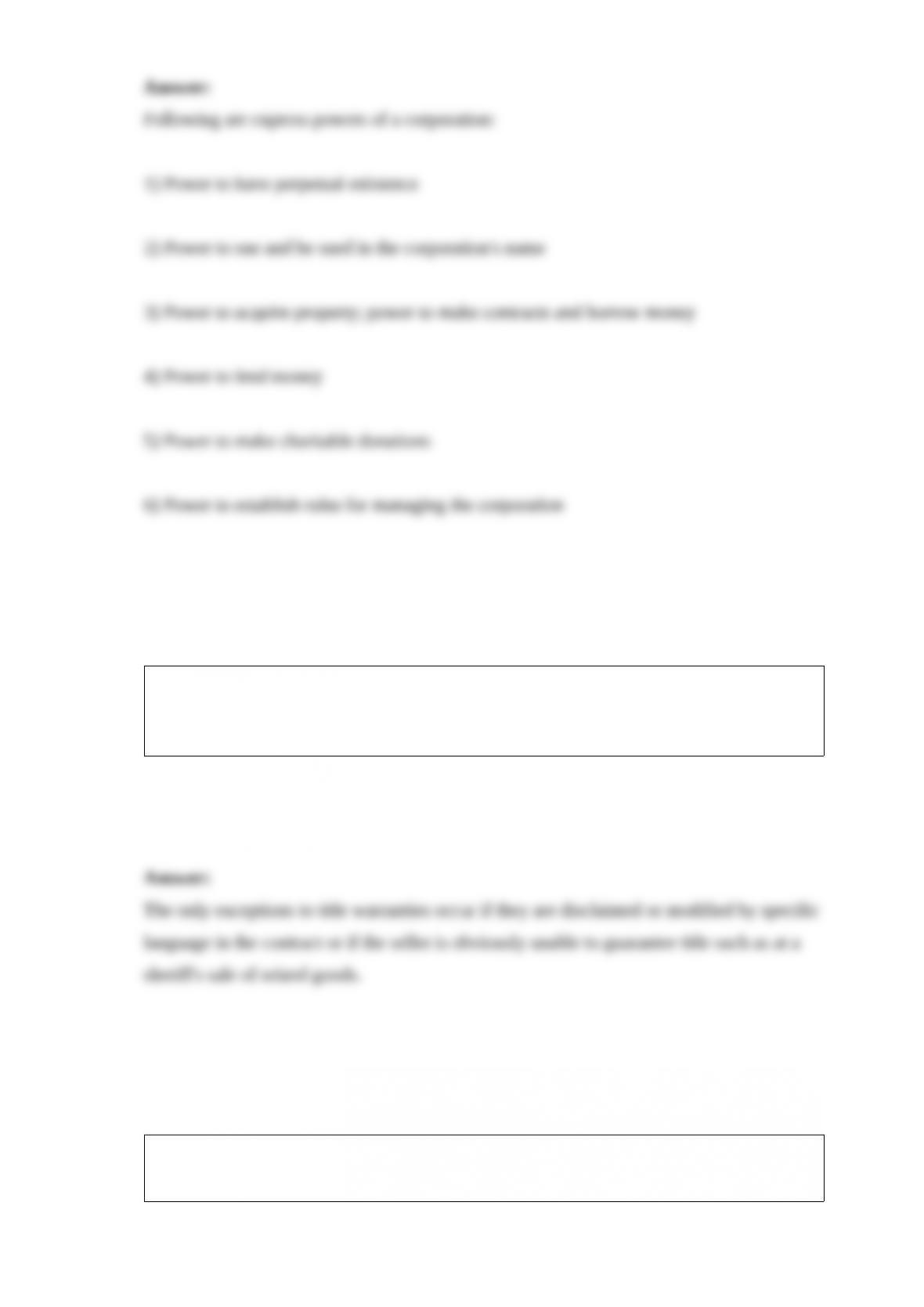"On the Town." Benny began taking people on tours of historic sites in his town. That
had not been done before because no one thought there was very much in the way of
historical significance there. Benny, however, did some research; and, with a very
active imagination on his part, came up with some good stories. He started to make a
nice profit with the tours, particularly with tourists passing through the town on the way
to the mountains. Benny began to hear of some rival tour groups that were planning to
start giving tours in the area. Benny sent a memo to his secretary asking, "How can we
shut down other potential tour groups because we want all the business?" One rival
company had started operations, but Benny still had 85 percent of the business. His plan
was to run the rival out of business and prevent the start-up of any other tour operations
in his town. Benny decided that he would offer to do a free advertising brochure to any
business that would put up a poster advertising his tour group and agree not to advertise
or mention in any way any other tour group. Benny was particularly successful in
reaching that agreement with hotels and restaurants in his town because of his likeable
personality. When Prudence, who ran a rival tour group heard about Benny's actions,
she was furious and accused him of an antitrust violation because he was trying to keep
all the tour action for himself. Benny told Prudence she was nuts and that the only
reason she had no business was that she stuck to dry historical fact on her tours and did
not do research on romantic relationships between individuals in the area in order to
'spice-up" her tours. He also told her that he was not a monopolist because he did not
have all the business as evidenced by Prudence's own tour service.
Which of the following is true regarding Benny's claim that he could not have a
monopoly because Prudence was also operating a tour service?
A. He was correct.
B. He was incorrect; and if a company enjoys 70 percent of the relevant market, the
court will usually hold that the firm has monopoly power.
C. He was incorrect; and if a company enjoys 60 percent of the relevant market, the
court will usually hold that the firm has monopoly power.
D. He was incorrect; and if a company enjoys 51 percent of the relevant market, the
court will usually hold that the firm has monopoly power.
E. He was incorrect; and if a company enjoys 40 percent of the relevant market, the
court will usually hold that the firm has monopoly power.




























